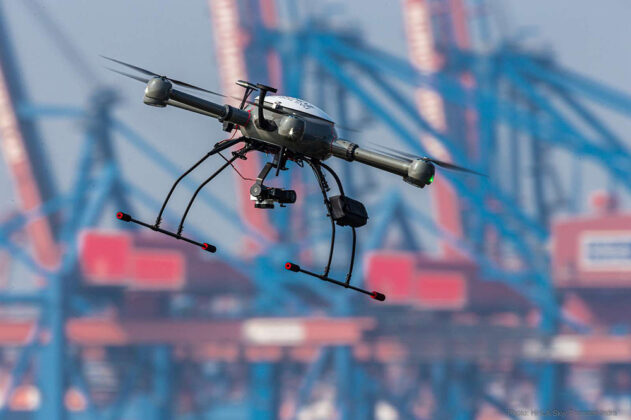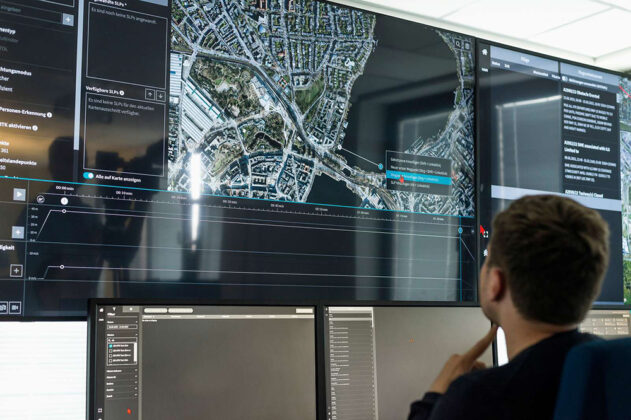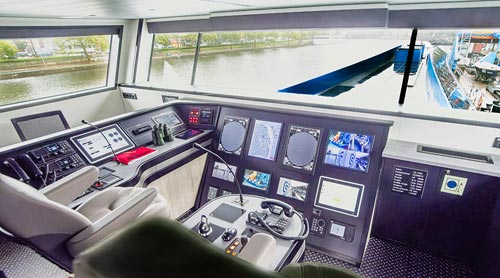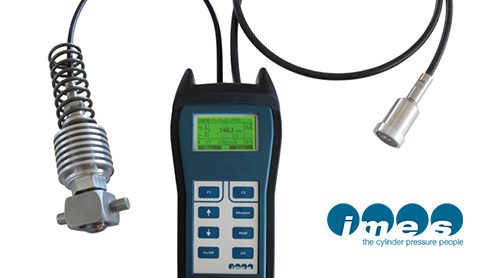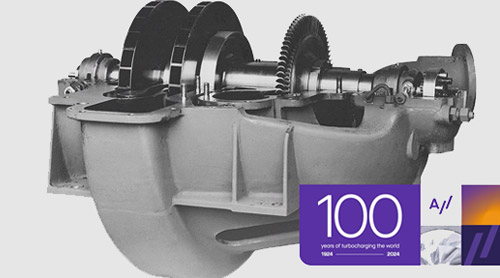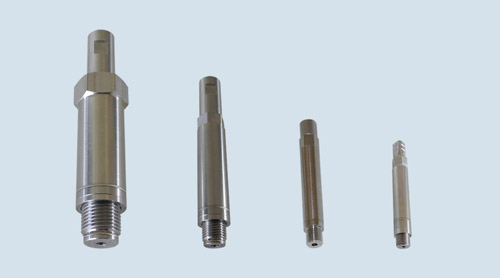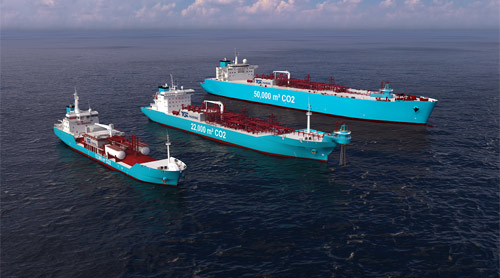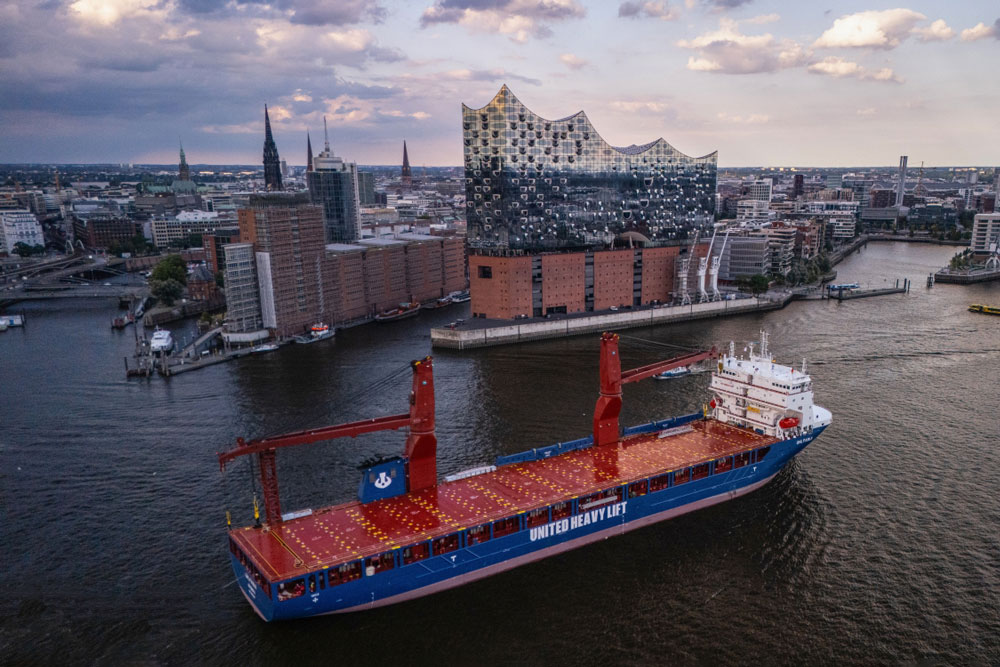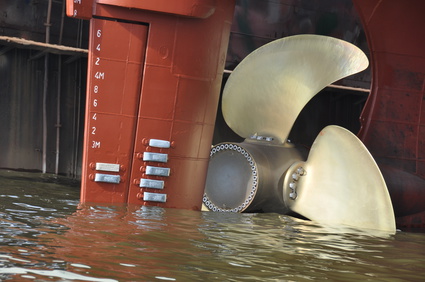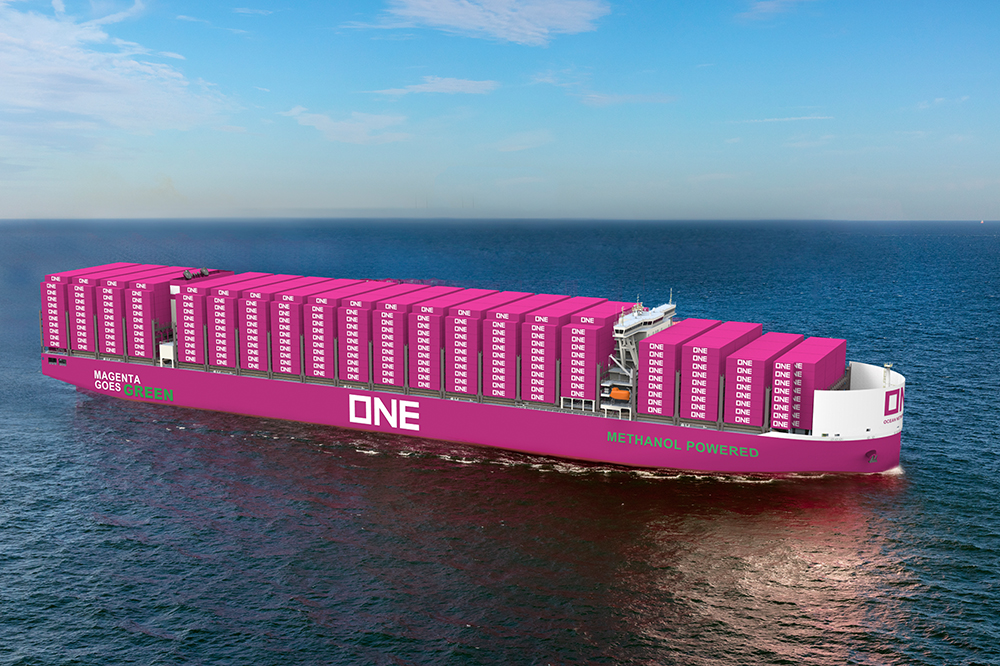A management system is now to be developed in Hamburg for drone traffic in airspace – known as U-Space. HHLA is also on board with the project.
With the BLU-Space joint project, the Senate has now announced that Hamburg is a “Europe-wide pioneer” for safe drone traffic in urban airspace.
The first EU-wide test airspace for a complete drone traffic management system is to be created in Hamburg. The aim of the project is to link air traffic data with data from various sources and platforms under real conditions for the first time.
Various partners are involved, including the city, Hamburg Aviation, Deutsche Flugsicherung GmbH, HHLA Sky, Hamburg Port Authority AöR and Karl Koerschulte GmbH.
HHLA Sky contributes drone technology
For example, HHLA Sky, a subsidiary of Hamburger Hafen und Logistik AG (HHLA), is already automating and scaling up the use of drones. HHLA Sky is to contribute technologies for drone operators and drone traffic management to the project.
The project is funded by the federal government as part of the mFUND program and relies on the synergy effect of cooperation between different players in the project. The project partners have around €3.9 million in funding at their disposal until mid-2026.
Melanie Leonhard, Senator for Economics and Innovation, said at the announcement: “The BLU-Space project brings together the key players in the field of drone coordination in Hamburg. I am delighted about this and it shows us that Hamburg is continuing to move forward as a pioneer in aviation. Our city offers the best conditions for the project.” The complex infrastructure of dense urban settlements, large port and industrial areas and inner-city airports is ideally suited to solving the challenges for the whole of Germany, said the SPD state leader.
Federal Transport Minister Volker Wissing emphasised that the project makes “an essential contribution to safe and economical air mobility in Germany”. The head start generated by BLU-Space in the introduction of such pioneering airspace management could become “a decisive competitive advantage for the German drone economy”, said the FDP politician.
U-Space airspaces are described as the digital basis for a completely new form of mobility and a prerequisite for expanded application possibilities for drones. These can fly automatically and beyond visual range, controlled by pilots in the control centre. The respective position data must, therefore, be coordinated and communicated between all systems, which is to be ensured uniformly and securely in U-Space. One of the central aims of BLU-Space is also to practically implement the involvement of the relevant authorities, rescue control centers and transport companies.
Those responsible are hoping for a number of benefits, including
- Relieving the burden on ground transportation
- Increased efficiency in logistics
- improving the ability to respond to emergencies through rapid delivery of equipment and precise information gathering
- Efficient data collection for environmental protection purposes
- contributing to the monitoring of critical infrastructure
- Disaster prevention and strengthening civil security.








